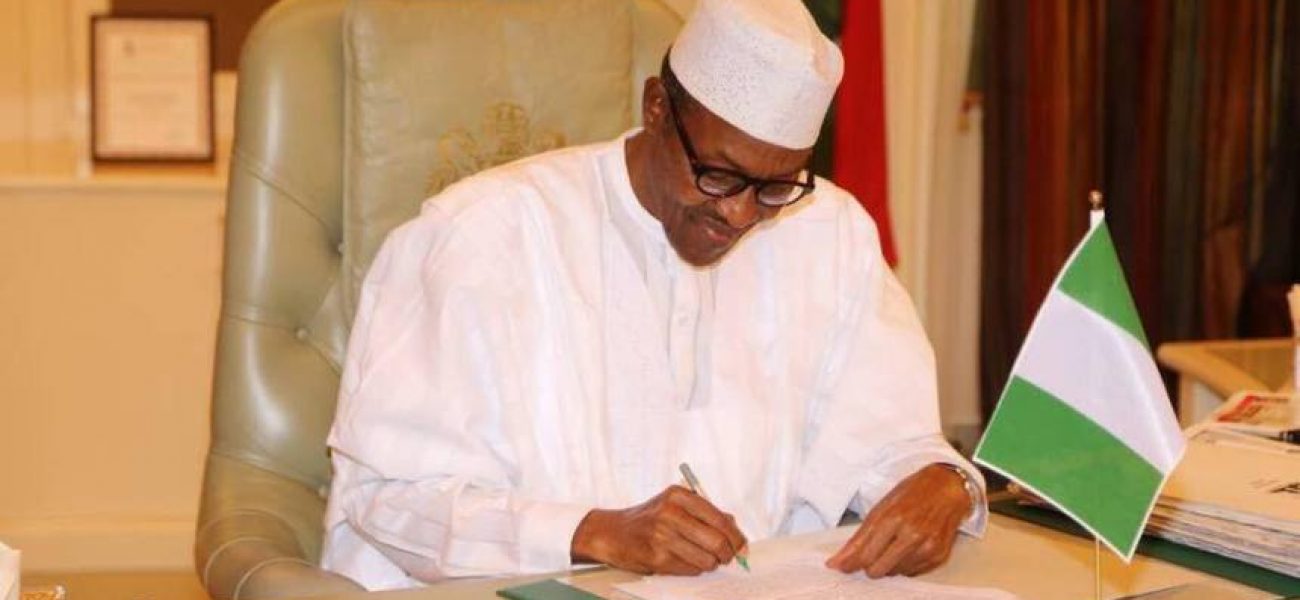Worries over the state of President Buhari’s health have intensified since the President officially communicated to the National Assembly via a letter, of his intention to extend his annual leave from 6th February until his doctors in London, United Kingdom were satisfied that certain factors from his medical results were ruled out. In his first letter notifying the National Assembly of his leave on health grounds, the President had informed both chambers that his ten-day vacation would end 6th February 2017.
However, the President’s second letter showed no conspicuous date for return leading some critics to demand an elaborate explanation on the severity of his health concern and whether he is capable of discharging the functions of his office.
Under section 144 of the 1999 Constitution (as amended), a President or Vice-President shall cease to hold office where a resolution of a two third majority of all the members of the Executive Council of the Federation states that the President is incapable of discharging the duties of his office and after which the declaration is verified by a medical panel appointed by the President of the Senate.
Some sceptics have also drawn a semblance between the non- current President’s undisclosed medical health condition to that of the late President Umaru Musa Yar’adua who died in office in May 2010 after severe health problems. President Yar’adua was infamously flown into the country in the middle of the night to prevent public knowledge of his deteriorating health.
Succession of power at the federal level is often seen as a balancing force between the Muslim dominated North and the Christian dominant South. When President Yar’adua died, there were arguments that the North would be short changed if the then Vice-President Jonathan who was from the South-South was allowed to complete Yar’adua’s term of office. However, the 74- year old President Buhari when he proceeded on vacation had written to the National Assembly that his Vice President Yemi Osibanjo would act in his stead until his return. Notably, the Acting President has visited the Niger Delta for peace talks in view of increasing Nigeria’s oil production, held meetings with the National Assembly to facilitate the quick passage of executive bills that will remove bottlenecks and create a competitive business environment, given assent and vetoed bills since he was delegated powers to act as President under section 145 of the 1999 Constitution (as amended).
Supporters of President Buhari have also been quick to point that unlike the President Yar’adua administration, no power vacuum has been left since the President delegated his powers to the Vice President. They have also been quick to dismiss allegations that the President is unfit to discharge the functions of his office citing copious pictures of the President circulating online and pictures of the President receiving a delegation of the National Assembly that included the Senate President Bukola Saraki, Speaker Rt. Hon. Yakubu Dogara and the majority leader, Sen. Ahmed Lawan in the Abuja House, London recently. The President’s Special Adviser on Media and Publicity,
Mr. Femi Adesina has also taken great pains to explain to Nigerians that there is no cause for concern after the Senate official communication of the letter asking for an extension of return caused fresh bouts of concern.

